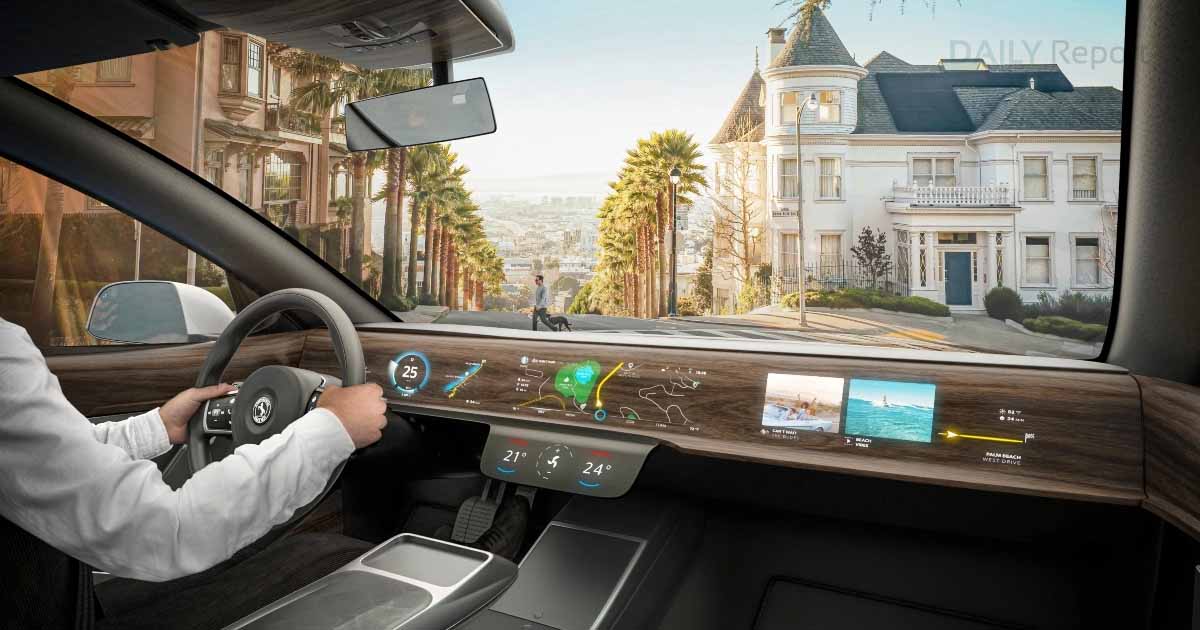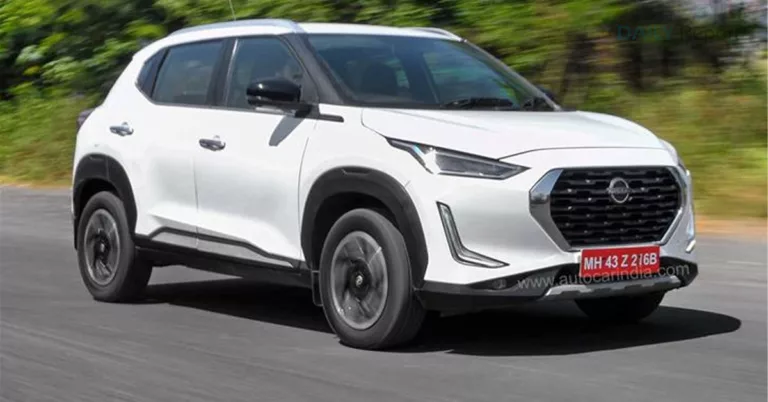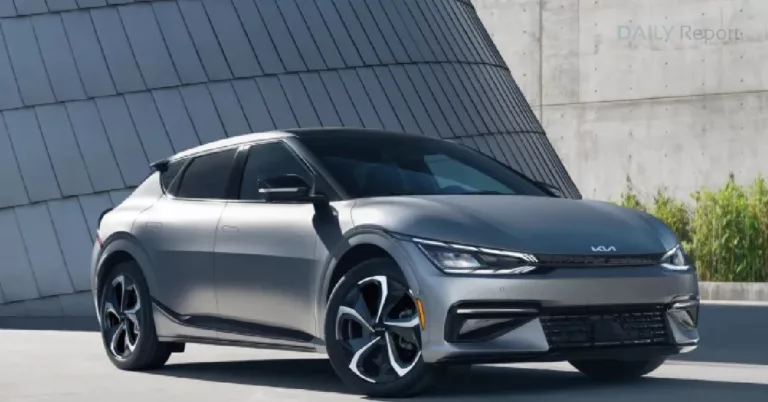Penetration of connected cars
The automotive industry has witnessed a remarkable transformation in recent years with the emergence of Penetration of connected cars. These vehicles, equipped with advanced technology and internet connectivity, are revolutionizing the way we drive and interact with our automobiles. In this blog, we will explore the penetration of connected cars and delve into the implications, benefits, challenges, and future prospects associated with this groundbreaking technology.
1. What are Connected Cars?
Connected cars, also known as smart cars or internet-connected vehicles, are automobiles that utilize internet connectivity and sophisticated technologies to enhance the driving experience and provide various services to the drivers and passengers. These vehicles can communicate with external devices, networks, and other vehicles, enabling real-time data exchange and offering a range of features and functionalities.
2. The Benefits of Connected Cars .
Connected cars bring forth numerous advantages that revolutionize the driving experience. These benefits include enhanced safety, improved efficiency, advanced entertainment systems, and increased convenience. The integration of various sensors, cameras, and communication systems allows for proactive safety measures, real-time traffic updates, remote diagnostics, and personalized infotainment services. Moreover, connected cars pave the way for the development of autonomous vehicles, promising a future of safer and more efficient transportation.
3. Connectivity Technologies in Connected Cars.
To enable seamless communication and data exchange, connected cars rely on various connectivity technologies. These include Cellular Vehicle-to-Everything (C-V2X), Dedicated Short-Range Communications (DSRC), Wi-Fi, and Bluetooth. Each technology offers different capabilities and use cases, allowing for vehicle-to-vehicle (V2V), vehicle-to-infrastructure (V2I), and vehicle-to-cloud (V2C) communication. The integration of these technologies forms the foundation of a connected ecosystem, powering features such as predictive maintenance, remote software updates, and personalized services.
4. Challenges and Concerns.
While connected cars offer tremendous potential, their widespread adoption is not without challenges and concerns. Security and privacy are primary concerns as the increased connectivity exposes vehicles to potential cyber threats. Protecting connected cars from hacking attempts and safeguarding user data require robust security measures and industry-wide collaboration. Additionally, issues related to data ownership, data sharing, and regulatory frameworks need to be addressed to ensure a transparent and secure ecosystem.
5. The Future of Connected Cars .
The future of connected cars looks promising, with ongoing advancements and innovations in automotive technology. As 5G networks become more widespread, they will unlock new possibilities for connected cars, enabling faster and more reliable communication. Additionally, the integration of artificial intelligence (AI) and machine learning (ML) will further enhance the capabilities of connected cars, enabling predictive maintenance, personalized services, and autonomous driving. Furthermore, the emergence of Vehicle-to-Everything (V2X) communication will facilitate seamless connectivity between vehicles, infrastructure, pedestrians, and even smart cities, leading to safer and more efficient transportation systems.
6.Understanding Connected Cars
Connected cars are vehicles that utilize internet connectivity and integrated technologies to enhance safety, efficiency, and convenience. These vehicles feature a wide range of sensors, processors, and communication modules that enable them to collect, analyze, and share real-time data with other vehicles and the surrounding infrastructure. By leveraging this connectivity, connected cars offer a host of innovative features and services.
Conclusion Penetration of connected cars
Connected cars are revolutionizing the automotive industry, offering a plethora of benefits, including enhanced safety, improved efficiency, and advanced entertainment systems. However, challenges related to security, privacy, and regulatory frameworks must be addressed for a seamless and secure connected ecosystem. As technology continues to advance, the future of Penetration of connected cars holds great promise, paving the way for safer, more efficient, and personalized transportation experiences.
In conclusion, connected cars are driving us into a future where automobiles are not just modes of transportation but intelligent companions that offer enhanced safety, efficiency, and convenience. With the right approach to security and privacy, and continued technological advancements, connected cars will







